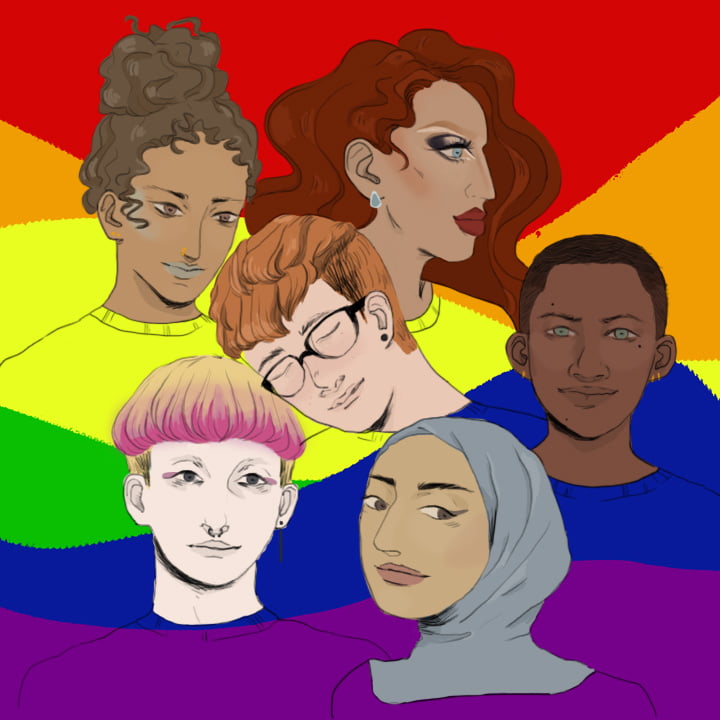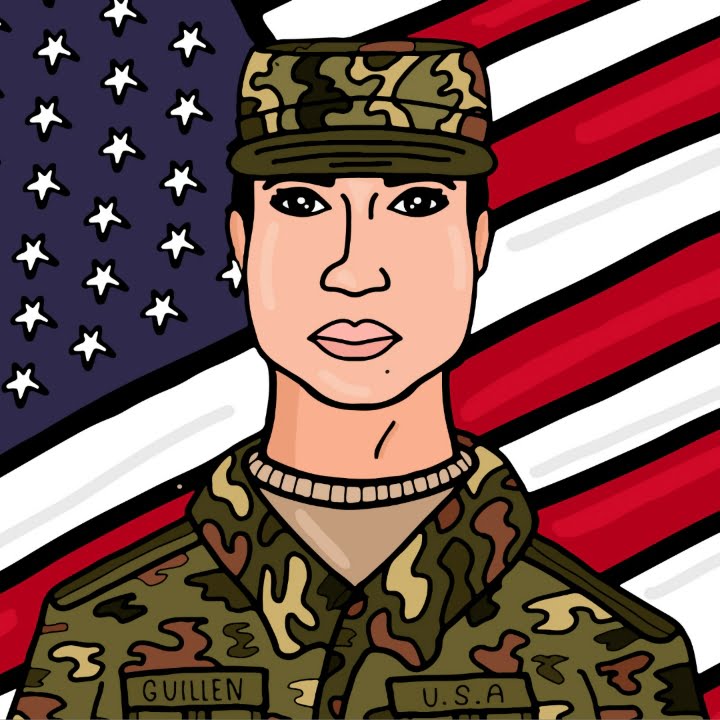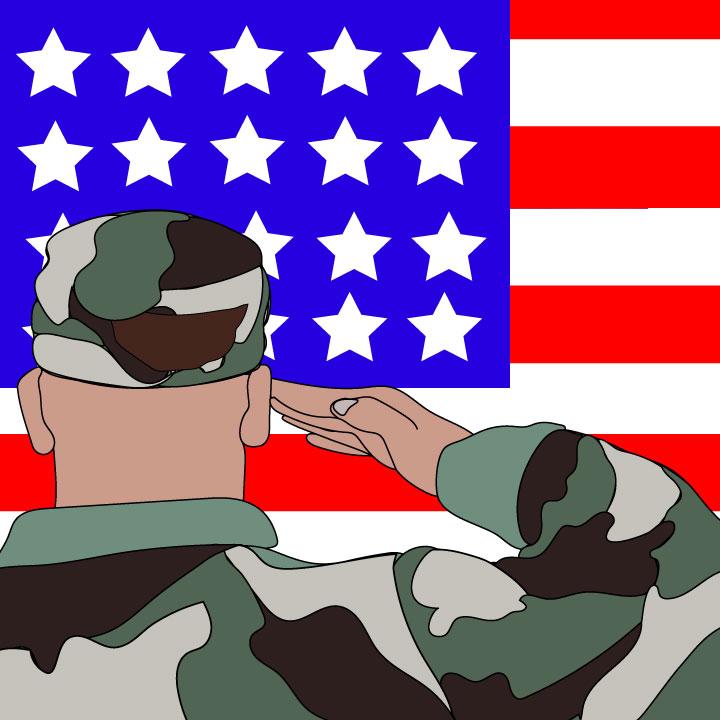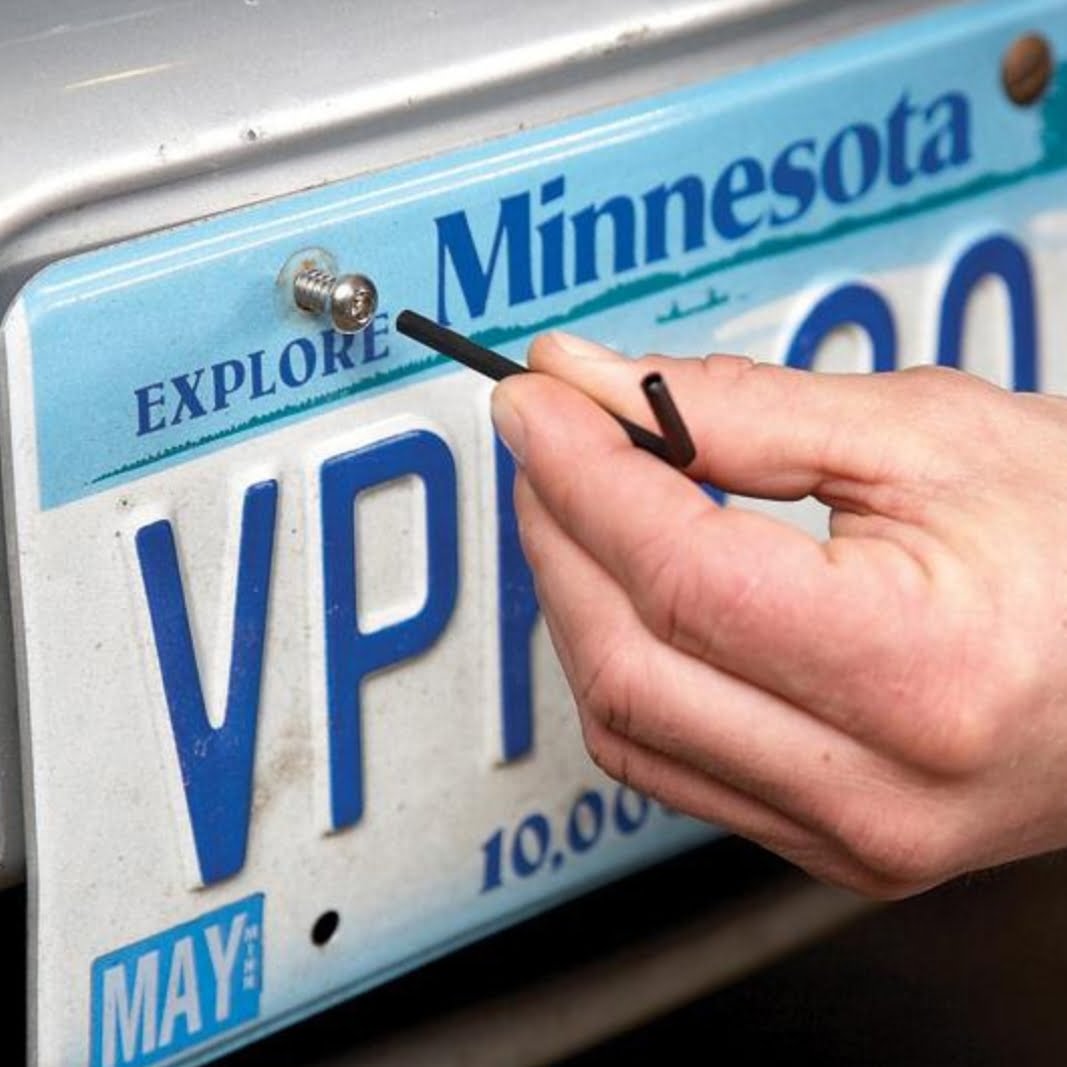Marine Toys for Tots announces our Christmas in July campaign to help even more children in need this holiday season.


Marine Toys for Tots announces our Christmas in July campaign to help even more children in need this holiday season.

The amphibious assault ship USS Bataan (LHD 5) will host Fleet Week New York.

By: Clara Guthrie Members of the Senate Armed Services Committee have proposed a revolutionary reconfiguration of the federal military draft that is aimed at including women in the Selective Service System, according to a release from POLITICO. As the law stands now, all American men must register for the service when they turn 18, although the […]

By Emmet McGeown “How can this happen on a military base? How can this happen while she was on duty? How can this just happen and then let it go under the rug like it was nothing?” These were the words of Mayra Guillen, sister of Pfc. Vanessa Guillen, who has been missing for months […]

Milwaukee Air & Water Show Cancelled for 2021 The welcome sounds of thunder, and the spectacular military and civilian precision acrobatics over Milwaukee – will again be silent and unseen this summer. The 2021 Milwaukee Air & Water Show, scheduled for July 24-25 this year with the US Air Force Thunderbirds Air Demonstration Squadron, “America’s […]

As Veterans Day approaches this Wednesday, Operation Protect Veterans is alerting more than 17 million U.S. veterans to scams that are specifically targeting them. OPV is a joint crime prevention program created by the U.S. Postal Inspection Service and AARP. Some of these scams are listed as: Secret Veterans Benefits Scam: Veterans are told they […]

Enlisting in the military is a huge decision that isn’t to be taken lightly. Yet millions of the population take that step without hesitation to protect their country and sadly, return home sometimes with life-changing injuries. VA disability benefits VA disability pay rates demonstrate how veterans are given a combined disability rating which is also […]

Approximately one month, the Director of Faith Matters, Fiyaz Mughal, highlighted the plight of Afghan Interpreter, Mohammed Nabi, and how he was sleeping rough on the streets of Athens. Nabi’s case was initially documented and he was assisted by Jess Webster, who works with refugees in Greece. Having heard of the case, the petition by […]

According to the American Moving & Storage Association, 11.2% of Americans moved in 2015-2016. That comes out to 35.1 million, or 15.3 million households with 2.3 persons per household. If you’ve ever moved, you know how hectic it can be: packing, unpacking, and getting settled in. It can be even more stressful when you’re moving […]